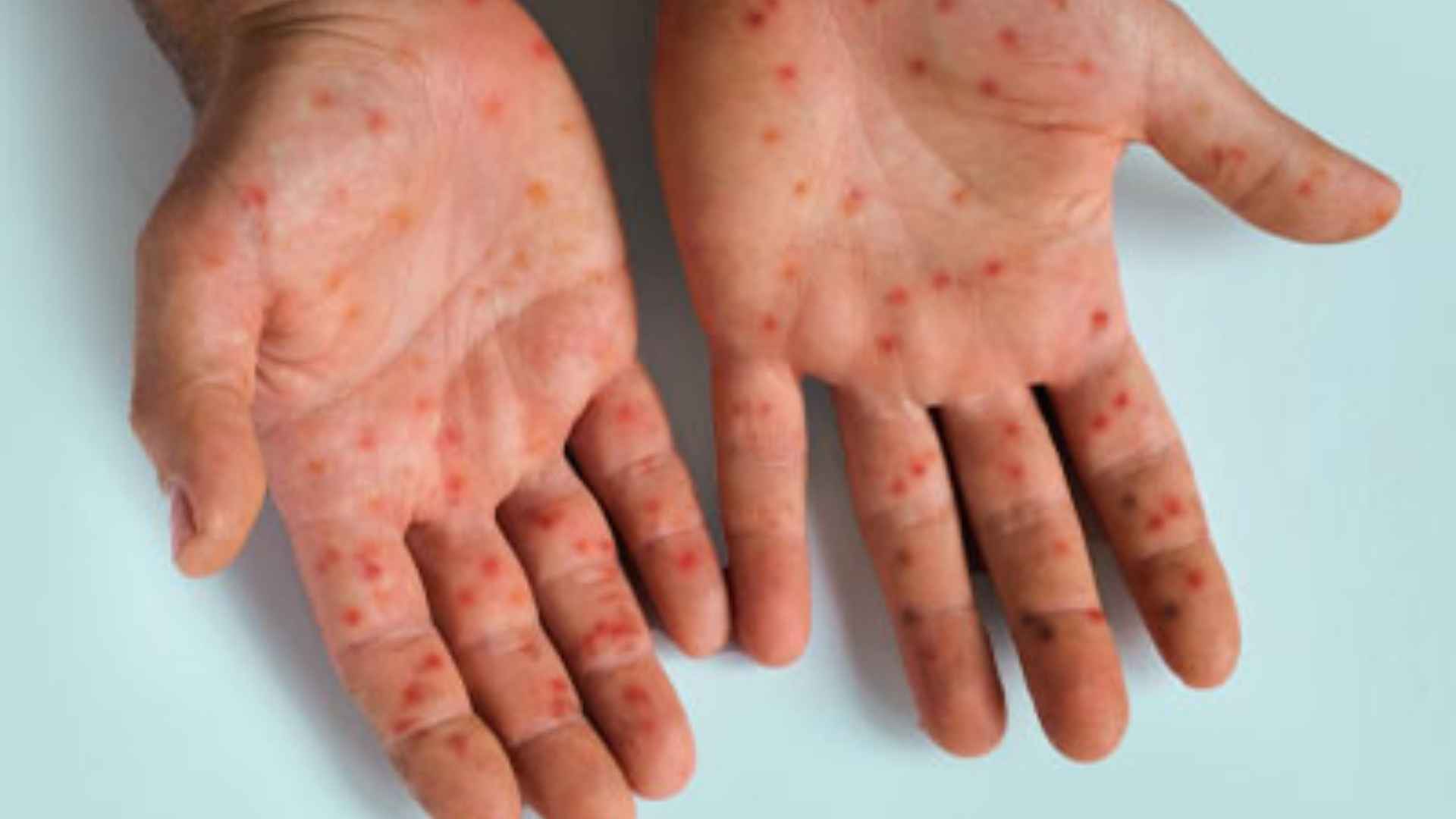The World Health Organization (WHO) has approved the first-ever diagnostic test for mpox, formerly known as monkeypox. This newly approved test is expected to help health workers detect the virus more quickly and effectively, a crucial advancement in response to rising cases across Africa, where over 30,000 infections and 800 deaths have been reported.
What is Mpox, and How is It Transmitted?
Mpox is a viral disease, previously known as monkeypox, transmitted to humans from infected animals. However, it can also spread between people through close physical contact. Those infected with mpox often exhibit symptoms like fever, muscle aches, and large, boil-like skin lesions, which make early diagnosis essential to prevent severe cases.
WHO’s Strategic Approval for Emergency Use
The WHO’s approval of the test under its emergency use provisions aims to significantly expand diagnostic capacity, especially in regions with high transmission rates. By accelerating testing, the WHO hopes that affected countries can rapidly implement measures to contain the spread, offering much-needed relief to areas struggling with mpox outbreaks, such as the Democratic Republic of Congo (DRC).
How the Test Works and Who Developed It?
The test, called the Alinity m MPXV assay, was developed by the U.S.-based company Abbott Molecular. This test works by analyzing swabs taken from human lesions to detect mpox DNA. According to Abbott, the analyzer provides results within 115 minutes, allowing for swift diagnosis and timely containment measures. Following WHO’s approval, UN agencies are set to procure the test kits from Abbott and distribute them to affected countries, including regions that are under-resourced.
WHO’s Commitment to Equitable Access
Yukiko Nakatani, WHO Assistant Director-General, emphasized the importance of making quality medical resources accessible in underserved areas. “Increasing access to quality-assured medical products is central to our efforts in assisting countries to contain the spread of the virus and protect their people,” Nakatani stated.
With cases recently confirmed in Ghana, where authorities reported one confirmed case and 230 suspected cases, WHO and health authorities across Africa hope that the deployment of this new diagnostic test will help curb the spread of mpox. As countries ramp up testing and containment efforts, this approval marks a major step forward in tackling the virus across the continent.
Also Read: US Billionaire Alex Soros Meets Muhammad Yunus, Calls Him , ‘Father’s Old Friend’





